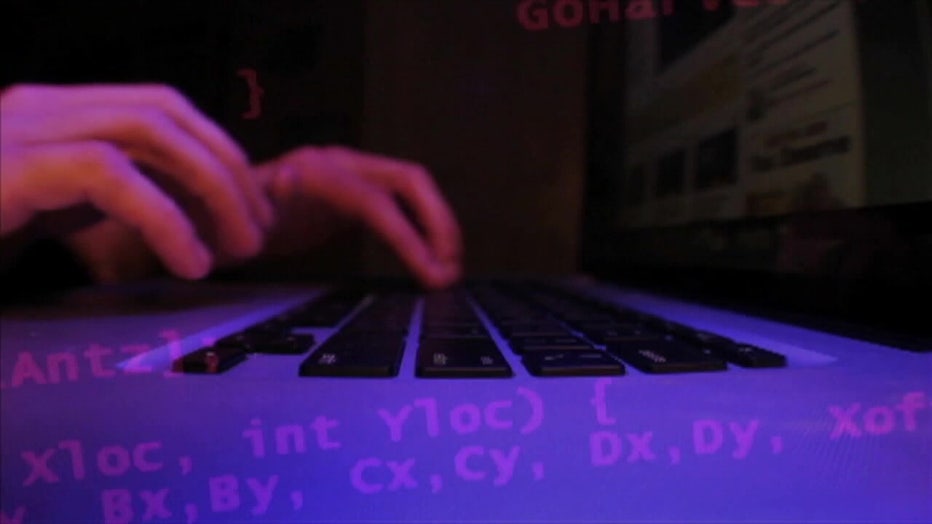Social media helping spread misinformation about Israel-Hamas war
TAMPA, Fla. - As the Israel-Hamas war develops, people around the world are watching through social media.
Images and videos of the violence have circulated online, showing the carnage in Israel and Gaza.
However, with advancements in social media, also come drawbacks.
FOX 13’s Political Editor Craig Patrick said the conspiracies and falsifications on social media are somewhat of an age-old story. Over the years, we’ve seen this in different forms.
READ: Biden wraps up his visit to wartime Israel with warning against being 'consumed' by rage
Patrick said the spread of misinformation can be particularly dangerous in terms of advancing conspiracy theories coming from terrorist-affiliated organizations.
"What we're seeing are a lot of cases of older pictures being circulated and being purported to be something new with respect to the war as a way to mislead people into thinking something's happening that really isn't," Patrick explained.
Over the last 12 days, there have already been falsified social media posts and photos shared about the Israel-Hamas war.

The world is watching the Israel-Hamas war in real-time on social media.
Patrick said Hamas-affiliated groups have spread misleading photos of what they claimed were Israel’s former Prime Minister fleeing the country. However, he said those photos were taken years ago, unrelated to the current war.
"There also were accounts that the terrorists had beheaded infants in the course of their rampage, and that was circulated in news media around the world," Patrick shared. "President Biden also referenced that and said that it shocked our conscience. And then upon follow up, there appears to be no hard evidence of the terrorists beheading babies."
Many people are following developments out of the Middle East in real time online.
READ: Florida universities ordered to enforce anti-harassment law amid dueling Mideast demonstration
"It becomes more dangerous when many people don't understand the complexities and the history of the conflict," Patrick said.
Erich Kron, a security awareness advocate, said this can be extremely dangerous.
"It's not easy for the average person to be able to look at something and go, ‘No, that's not real. That's something that's been faked or is taken out of context,’" Kron explained.
Kron said people shouldn’t take everything they see on social media as gospel.

Technological advancements are making it easier to spread misinformation.
"Google has an image search that you can see if that's been used previously or in other places," Kron said. "As long as Google has seen it."
Regardless of whether you agree with the information or images you see online, Kron said social media also tends to direct people to certain content.
"Social media is known to feed us more of what we responded to, which is generally something hear a lot of times that we agree with," Kron said.
Most recently, Patrick points to controversy this week over the deadly explosion at the hospital in Gaza.
Hamas pushed out claims that the missile strike came from Israel, however, preliminary investigations out of the White House said Israel wasn’t responsible for the blast.
"You see a very concerning trajectory where people will have more tools at their disposal to try to deceive and manipulate anything," Patrick said.
According to Patrick, this only becomes more dangerous as social media continues to evolve and in particular, artificial intelligence becomes more prevalent and widely used.


